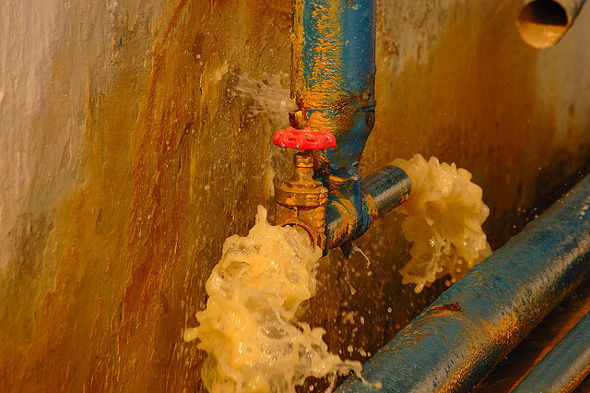-
Michael Kugelman, Global Times
Repairs Could Stifle South Asia’s Water War
October 19, 2012 By Wilson Center Staff
The original version of this article, by Michael Kugelman, appeared on Global Times.
In recent weeks, militants in Pakistan have escalated their hostile rhetoric toward India. The subject of their ire is water. Hafiz Saeed, the head of militant Islamist group Jamaat-ud-Dawa, has warned that India plans “to make Pakistan barren” by preventing the waters of the Indus Basin from flowing downstream to Pakistan.
On the subcontinent and across South Asia, water is a major source of tension and a potential trigger for conflict. It is a precious resource in a region where political relations are tense and transboundary water agreements are fragile.
The best hope for averting water war lies not in repairing frayed political ties or enhancing water diplomacy, but rather in better managing domestic water resources.
South Asia houses a quarter of the world’s population, yet contains less than five percent of global annual renewable water resources. Annual water availability has plummeted by nearly 70 percent since 1950. Some researchers believe South Asia could face widespread water scarcity by 2025.
This shortage is unsurprising. The region suffers from high population growth, vulnerability to climate change, arid weather, and agriculture-dependent economies.Continue reading on Global Times.
Michael Kugelman is a senior program associate with Asia Program at the Woodrow Wilson Center.
Sources: The Express Tribune, UN Population Division.
Photo Credit: “Water Gusher,” courtesy of flickr user Umair Mohsin.
 A Publication of the Stimson Center.
A Publication of the Stimson Center.



